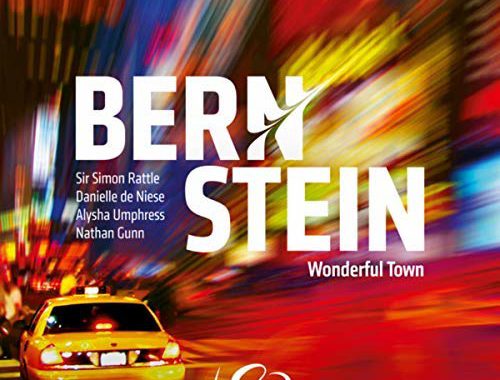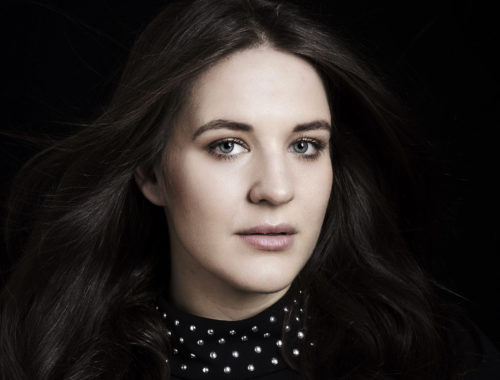Muhly/Lucas “Two Boys”, English National Opera
The most surprising thing about Two Boys is the consonance and quiet sensuality of the score. Many words spring to mind: elegiac, mournful, poetic, melismatic – a digital age score without digitalisms, without electronics, actual or simulated, without amplification. And it’s clear, so clear – but never clinical – in word and gesture and thought: a preposterous tale of intrigue and attempted murder (or is it?) born of false identities and fiction masquerading as fact. Opera was ever thus. But it’s just gone viral.
Interestingly enough – and maybe this accounts for its very particular quality – its composer, Nico Muhly, and librettist, Craig Lucas (exactly twice Muhly’s age), come to the world of cyberspace from different, and you might even say opposing, perspectives. For Lucas this is a mystical new frontier: he enters it as does his central character, Detective Inspector Anne Strawson (the excellent Susan Bickley in Prime Suspect mode) as one who must find his bearings. But for Muhly this is a world he plainly inhabits, a child of cyberspace, if you like, his music undulating and pulsing through a universe of connecting souls. Bartlett Sher’s beautiful staging conveys a sea of faces illuminated by open laptops but the collective voices are heard in churchy polyphonies, albeit “digitalised” through haunting, aleatoric-like overlappings and minglings. You can lose yourself in these choruses, just as you can lose yourself – or your identity – in cyberspace. Muhly’s musical identity suggests a love-child of John Adams and Britten, a developing nose for drama (this is his first opera), a grateful understanding of voices, and gamelan gongs which in a nod to Britten’s Death in Venice point up the other-worldly mystique of cyberspace – or as Craig Lucas would have it in his spare and lean and smart libretto “a netherworld of cheerless cheer”. What a great line.
Sher’s staging is wonderfully amorphous and yet effortlessly focused, the grey surfaces of Michael Yeargan’s sliding towers and panels bathed in amazing cyber graphics from 59 Productions. And as real identities are chillingly revealed, how telling that it should be an innocent remark from the pre-internet generation – namely Detective Strawson’s mother – that unlocks the mystery. That revelation brings Muhly’s masterstroke and a final polyphony which unites us all in a desire not to go “unsung” from this world. This last five minutes alone make for an auspicious operatic debut.
You May Also Like

GRAMOPHONE Review: Bernstein Wonderful Town – Soloists, London Symphony Orchestra/Rattle
05/12/2018
Carousel, Arcola Theatre
25/06/2014